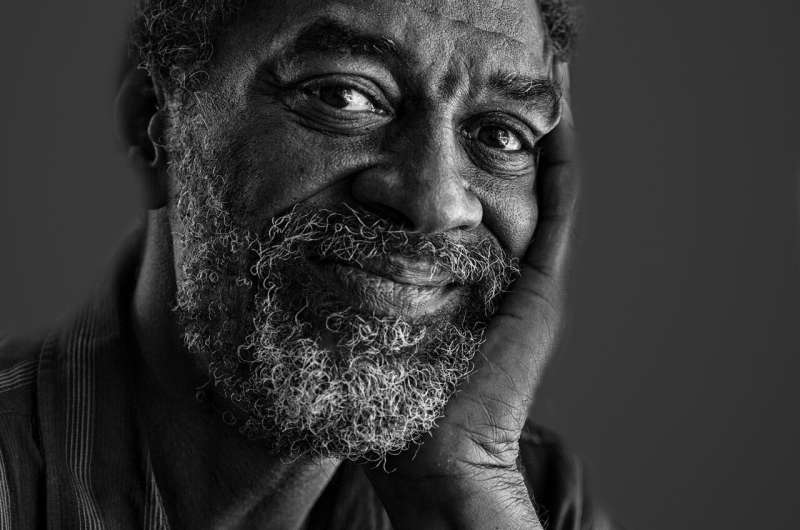This article has been reviewed according to Science X's editorial process and policies. Editors have highlighted the following attributes while ensuring the content's credibility:
fact-checked
peer-reviewed publication
trusted source
proofread
Research project finds improved mood, cognitive function achieved through walking, socializing

An innovative Oregon Health & Science University research program that enlists older Black adults to walk through and reminisce about historically Black neighborhoods in Portland—which now look very different after rapid change through gentrification—may help improve cognitive function, a new study finds.
The OHSU project has gained wide interest since its 2016 launch, with similar versions beginning to take root in Seattle and Oakland, California.
Now, new research suggests it may improve brain health in a population that's disproportionately affected by Alzheimer's disease. The study, published online in The Gerontologist, reveals that participants not only improved their health and mood, but researchers also measured improvements in cognitive function among those who started the study with mild memory loss.
"Overall, those with memory loss did improve, and the average improvement was statistically significant," said lead author Raina Croff, Ph.D., associate professor of neurology in the OHSU School of Medicine and an investigator in the OHSU Layton Aging and Alzheimer's Disease Research Center.
The program involves groups of three participants walking 72 distinct, mile-long routes three times a week over six months.
Croff leads the program, known as Sharing History through Active Reminiscence and Photo-Imagery, or SHARP. It combines the well-known benefits of exercise and social connection with an added component of active reminiscence. The reflections are prompted by memory markers on smart tablets in the form of news clippings, photos, advertisements or artifacts like political campaign buttons.
The sustained routine of walking, reminiscing and socializing appears to make a cumulative impact on health.
"It's hard to separate," Croff said. "It wouldn't be successful if they weren't walking both 'in community' and in 'the' community. People have tried regular walking on their own and haven't sustained it."
Some participants have reported remembrances as triggering, especially in historically Black neighborhoods in North and Northeast Portland. Starting with the construction of Interstate 5 and continuing through displacement of longtime families through gentrification, participants recollected a community riven by change.
"There is pain, yes," Croff said. "But it's a shared pain and a pain they're walking through together, both metaphorically and literally."
In fact, almost all participants in the study reported that their mood had improved both immediately after their walks and at the conclusion of the study period.
Clinical trial participants benefited from connecting directly with individuals in a location that has deep historical and cultural resonance to their broader community, Croff said. Those kinds of connections are not only frayed by gentrification of historic Black neighborhoods, but also by larger societal forces in which many people work remotely and chatting with neighbors has been usurped by the allure of screens.
Croff said the new study shows the benefit of sustained social and cultural connection—both to the health of individuals and the broader community.
"I think humans are always going to want to connect," she said. "We'll always have a need and a desire to connect face-to-face with people and be connected at least in some level to our physical environment."
More information: Raina Croff et al, Walking and Social Reminiscence in Gentrifying Neighborhoods: Feasibility and Impact on Cognitive, Physical, and Mental Health Among Older Black Adults in the SHARP Study, The Gerontologist (2024). DOI: 10.1093/geront/gnae019



















